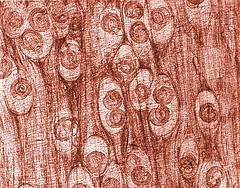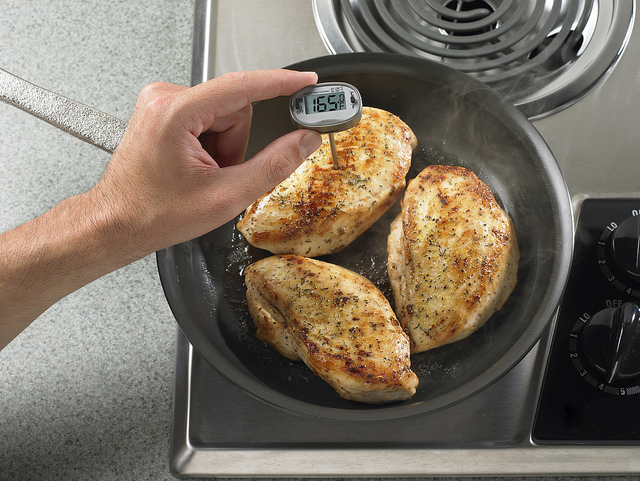Over on his blog, Charles Stross asked the question:
is there any way to get to a micro-billing infrastructure from where we are today that doesn't involve burning down the web and starting again from scratch?
I don't believe so, and this is why.
Technically, we could do it. But as the lack of uptake of ApplePay has shown, user-factors are a huge deal and overcoming those will amount to burning down the web and starting anew. People (en masse) like free and easy, and ads qualify as both. We've been making this decision for millenia.
There is a metaphor that I've had in my head for a few days now that is relevant to the ad-blocker debate now raging. It comes down to parasitology.

You can eat that nice Wildebeast, but you'll also pick up a few things along the way when you do. Things that come with a small metabolic cost, usually. Sometimes, if the Wildebeast and you aren't lucky, a much bigger metabolic cost. The price for that Wildebeast is well hidden (unless you get unlucky), and you may not even associate it with that action. Parasites are like that.
Removal of enemic parasite infections is a big part of how we can get life-expectancies into the 70's now from where they were in the high 30's to mid 40's. All those small metabolic costs add up after a while.
Ads are like parasites. They incur a small cost in both attention and computing resources (or not so small when it comes to battery-time in the case of a flash ad on a tab you haven't looked at in five hours), and sometimes you get unlucky and one will serve up a bit of malware. The cost of reading that web-content is well hidden from the action, and you may not even realize what you did to get digitally ownzerd.

We've figured out how to deal with parasites:
- Cook your food hot enough
- Wash your vegetables
- Only drink processed water
- Don't walk barefoot on natural ground
When you look at it, all those rules take away a lot of actions that used to be available. That's a lot of freedom lost for a modicum of safety. Or it's a way to live a lot longer.
Avoiding the dangers ads expose the digital consumer to requires a similar circumscribing of action. Blocking and actively avoiding ads requires effort and an acceptance of reduced functionality (such as avoiding video sites that pre-roll ads, which is nearly all of them). Alternate funding methods for content producers will raise the costs out of the invisible into the zone where you make an active choice to spend that money. Both of these will fundamentally alter the nature of the web.
Ad-blocking is free, but not easy.
Microbilling is not free, but may be easy.
Ads are both 'free' and easy.
Ads will win, unless something fundamental changes the game. The war against parasites was won through education and the kind of infrastructure upgrades that are hard to avoid unless you spend effort. The war against ads will be much harder to fight as it's against other humans, and the health benefits are much less clear cut; that effort will likely be lead by an alternate system of distribution (the AppStore model) or a big regulator changing the ground rules (EU regulations; the US sure as hell isn't going to restrict it).
And like parasites, if such systems come into being there will definitely be two discrete markets. Much like there are still areas of the globe where parasites are still endemic in humans. People who can't afford an explicit up-front cost will accept a back-end cost they're not sure they will ever have to pay.
Those inside the walled garden of high quality municiple water, paved sidewalks, and intensive food-safety monitoring programs in the grocery chain will gain all the benefits. Those outside of it, drinking water from wells, living in dirt-floored houses, and killing their own meat, are much less likely to. As would people able to pay content subscriptions through app-stores versus those who take their chances downloading random malware via ads. Humans suck at risk-assessment, ads exploit that.
It's all about user-factors.
